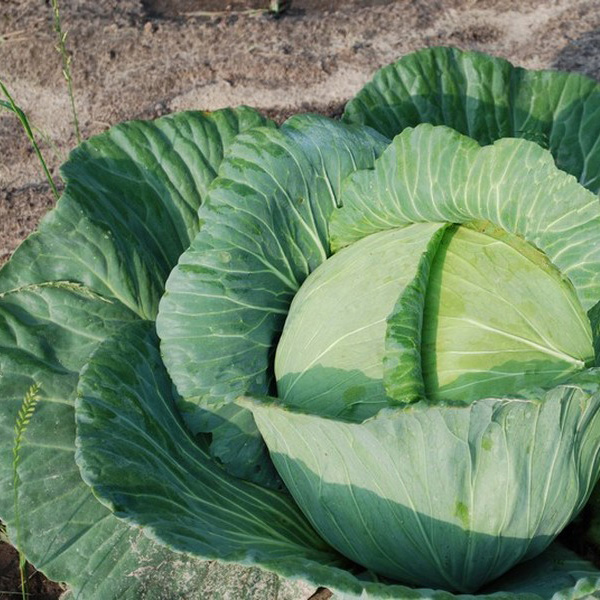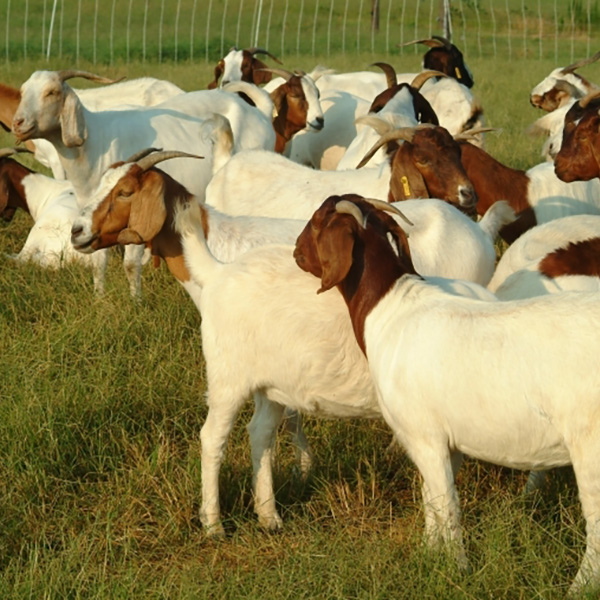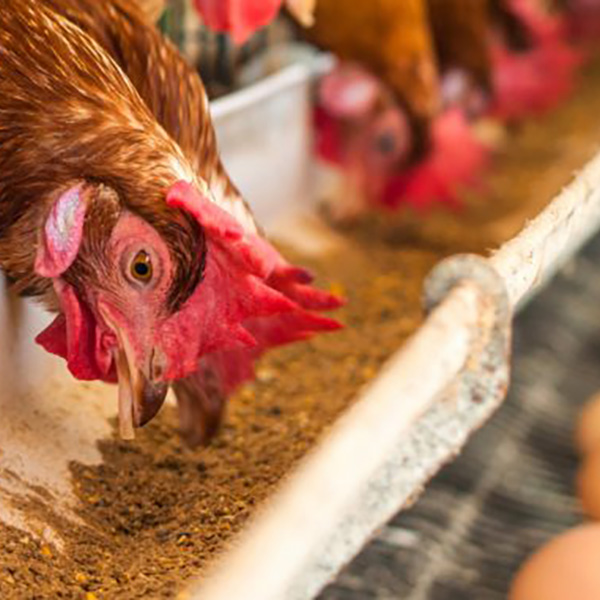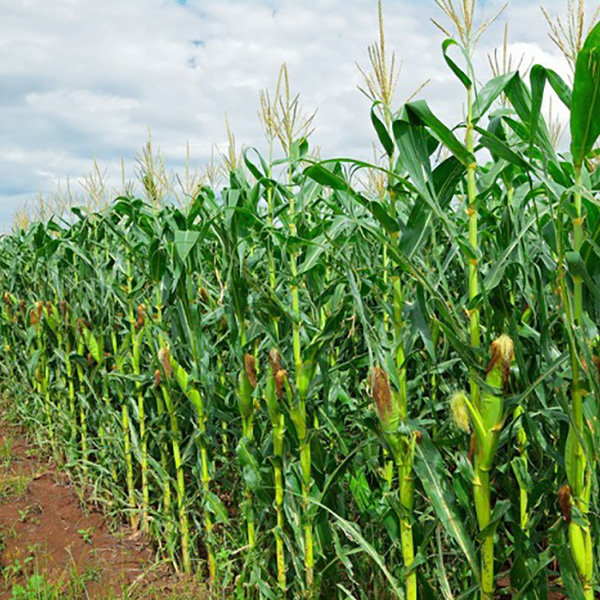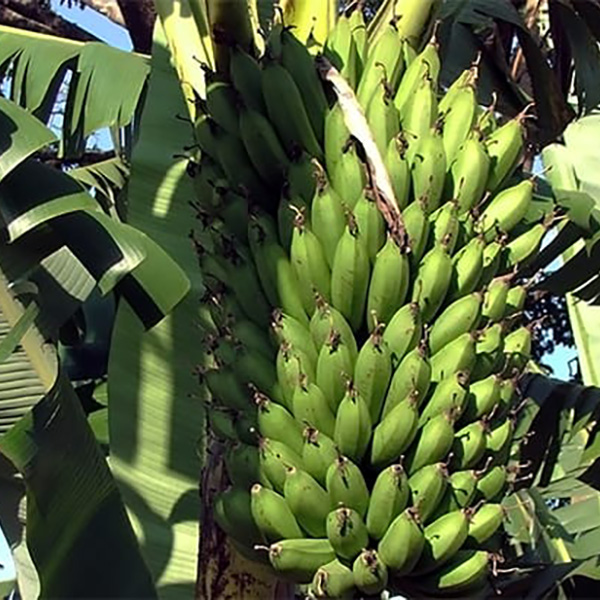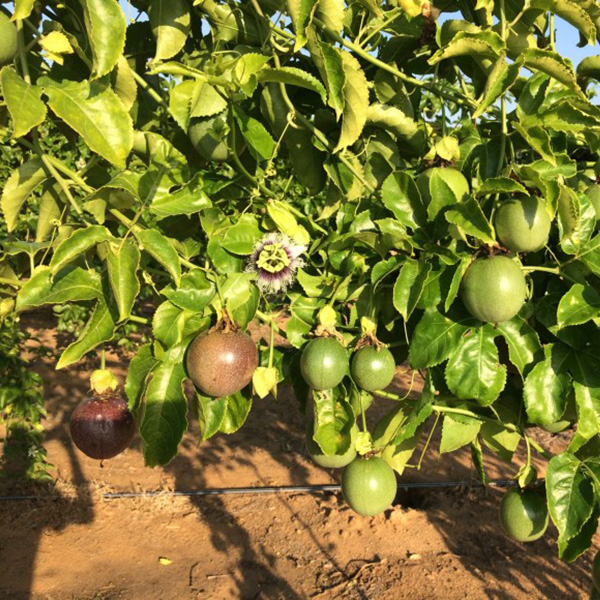National Certificate of Agriculture (NCA)
This programme is based on a learner-centered and competence-based curriculum for National Certificate in Agriculture, which is up to-date with the current labour market demands, is aimed at producing graduates who are relevant to the agriculture sector and the world of work (WoW).
It emphasizes practical teaching, hands on experience and acquisition of skills are clearly spelt out in each module covered in the semester.
Some of the Careers NCA graduates can engage in after their Programme
Agricultural Farm Manager
Agricultural Field Assistant
Self Employed
Agro-Processing Assistant
Entry Requirements
A candidate shall be eligible for admission to the Uganda National Certificate in Agriculture programme on meeting any of the following minimum qualifications:
Ordinary Level Entry Scheme
A candidate should have obtained a Uganda Certificate of Education (UCE) with at least 3 credit passes one of which must be in Agriculture, Biology, or Chemistry and must have passed English and Mathematics.
Certificate Entry Scheme
At least a credit in Uganda Junior Technical Certificate from a recognised institution in any of the fields or any other field as approved by the Selection Committee constituted by the Ministry of Education and Sports.
UNCA is a full time programme meant to last for two (2) academic years. An academic year consists of three terms each of twelve (12) weeks duration {Ten (10) weeks of teaching and continuous assessment and two (2) weeks of written examinations}.
Field attachment/Industrial training is one of the core modules taking four (4) weeks during the first year vacation.
YEAR 1, TERM I
NCA 111 Introducing Agricultural Science
NCA 112 Functional Mathematics
NCA 113 Functional English
NCA114 Information and Communication Technology
NCA115 Soil and its Management
YEAR 1, TERM II
NCA 121 Agriculture and Development
NCA 122 Principles of Crop Production
NCA 123 Crop Improvement
NCA 124 Crop Protection
NCA 125 Annual Crops
NCA 126 Perennial Crops
NCA 127 Horticultural Crops
YEAR 1, TERM III
NCA 131 Pasture Management
NCA 132 Dairy and Beef Cattle Management
NCA 133 Introduction to Livestock Health
NCA 134 Small Ruminants and Non Ruminants
NCA 135 Poultry Management
YEAR II, TERM I
NCA 211 Livestock Improvement
NCA 212 Introduction to Fish Farming and Agriculture
NCA 213 Apiculture/Apiary
NCA 214 Pet Animal Management
NCA 215 Agriculture Engineering and Mechanisation
YEAR II, TERM II
NCA 221 Safety Standards on the Farm
NCA 222 Principles of Agricultural Economics
NCA 223 Production Economics
NCA224 Farm Accounting and Marketing
Year II, Term III
NCA 231 Entrepreneurship and Business Planning
NCA 232 Agricultural Extension Education
NCA 233 Field Attachment and Supervised Project
Agricultural Farm Manager
- oversees all farm activities
- Manages human and financial resources on the farm
- Recruits and allocates duties to farm workers
- Supervises and participates in farming activities
- Prepares work plans, business plans, budgets, and other financial projections
- Prepares and presents periodical farm reports to management
- Develops project proposals for identified gaps in farm development and fund seeking
Agricultural Field Assistant
- Trains farmers on modern farming methods
- Identifies crops and animal diseases or pests then offers possible control measures to farmers
- Administers treatment to unhealthy crops and animals
- Prepares work plans and financial statements
- Organises and maintains demonstration units
- Holds meetings and gets participatory decisions
- Implements and communicates agreed decisions
- Mobilizes farmers for training, introduction and adoption of new agricultural innovations
Self-Employed
- Identifies opportunities and ideas on viable farming/ agricultural enterprises.
- Takes calculated risks in agriculture
- Carries post-harvest handling for value addition to farm products and service.
- Carries out budgeting, good record keeping and self-audit.
- Ensures proper management of agronomic practices, routine animal practices and operation of farm equipment/machinery.
- Mobilises and manages funding of agricultural activities.
Farm or Input Supply Shop Attendant
- Manages the front desk and offers customer care to clients.
- Displays farm supplies, goods and services for sale.
- Markets farm supplies.
- Communicates effectively to clients about the farm supplies.
- Advises and demonstrates how to use correctly the agro-chemicals, tools, equipment and agricultural consumables.
- Designs simple financial records for the outlet.
- Advocates for the safe use of agro-chemicals.
Nursery Bed Attendant
- Prepares a seedbed for growing seedlings.
- Prepares planting materials.
- Manages seedlings in the nursery.
- Markets seedlings.
Agro-Processing Assistant
- Operates machinery.
- Manages production in a hygienic condition and safety standards.
- Manages human and financial resources.
- Controls quality.
- Packages agricultural products.
- Keeps good records of activities, production and financial resources.
- Demonstrates the use of farm product and services to potential consumers.
- Makes reports.
Agricultural Design Assistant
- Designs simple farm structures.
- Draws plans, models and shapes of agricultural machines, tools and equipment.
- Submits plans to relevant authorities for approval.
- Supervises fabrication works of agricultural machines, tools and equipment.
Take a Closer Look at what we do in nca


